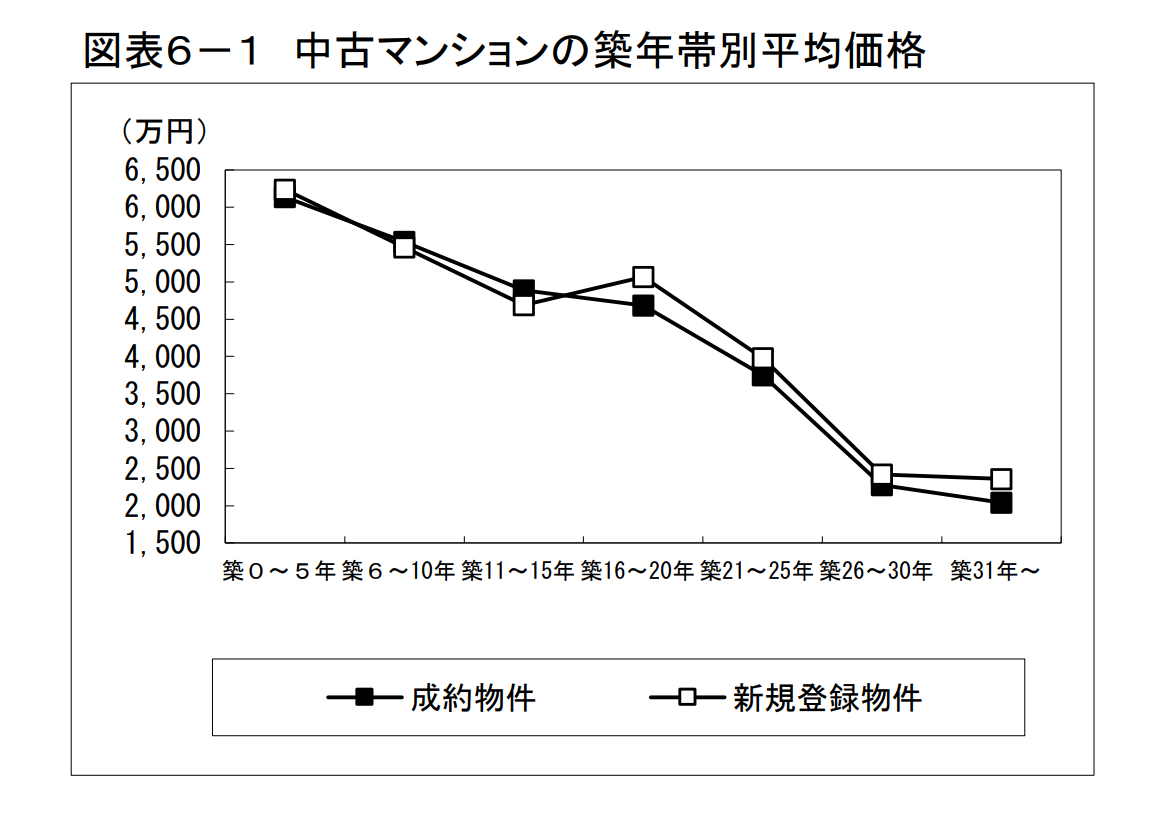Free word search
Category
Should You Buy a New or Pre-Owned Property in Japan?
2025.06.12

When purchasing real estate in Japan, is it better to choose a brand-new or a pre-owned property?
Let’s explore the pros and cons of each to help you build a sound buying plan.
1. Price Difference Between New and Pre-Owned Apartment
One of the biggest concerns for buyers is the price gap between new and pre-owned properties.
Let’s look at recent data from the Greater Tokyo Area:
・Average price of a new condominium: ¥64.14 million*¹
・Average contracted price of a pre-owned condominium: ¥35.99 million*²
This means pre-owned condos are priced at roughly 56% of new ones — a significant difference in terms of price.
*¹ Source: Real Estate Economic Institute Co., Ltd., "Greater Tokyo New Condominium Market Trends (H1 2021)"
*² Source: REINS, “Greater Tokyo Real Estate Distribution Market Trends (2020)”
2. Pros and Cons of Buying a New Condominium
Pros
① Everything is Brand-New & Equipped with Latest Features
The biggest advantage is that all fixtures — from the bathroom and kitchen to doors and floors — are new and come with the latest technology and designs.
② Lower Initial Maintenance Fees
New condominiums typically have the lowest monthly repair reserve fees.
However, buyers are required to pay a one-time maintenance reserve fund, usually between ¥200,000 and ¥400,000.
③ Tax & Loan Incentives
Buyers may be eligible for tax reductions and incentives in housing loans and fire insurance.
Cons
① High Purchase Price
As noted, new condos are nearly twice the price of pre-owned ones. Whether this premium is justified is a key point of consideration.
② Significant Drop in Property Value
Once occupied, a new condo is considered “used” and can lose as much as 20% of its value immediately.
While typical depreciation is about 2% annually, the largest drop occurs when the property first becomes second-hand.
Be cautious of over-loaning, where the loan balance exceeds the property’s market value, making resale difficult.
③ Cannot See the Actual Room Before Purchase
Many new condos are sold before completion. Buyers must rely on model rooms, which do not accurately reflect actual sunlight, views, or noise levels.
Purchasing without seeing the finished unit involves some risk.
2. Pros and Cons of Buying a Pre-Owned Condominium
Pros
① More Affordable
Pre-owned units are significantly cheaper, and often better located or designed than new units of the same price range.

Source: Reins
② Better Long-Term Value Retention
While new condos can lose up to 20% in value immediately, pre-owned properties experience slower depreciation — mostly within the first 10 years — and tend to stabilize after 30 years.
③ More Options
In urban areas, most land is already developed, limiting the availability of new buildings.
In contrast, there is a large supply of pre-owned properties, offering more variety in layout and location.
Renovation technology has also improved, making it possible to upgrade older units to feel like new.
Cons
① Potential Renovation and Maintenance Costs
Pre-owned properties may require refurbishment or equipment replacement.
One solution is to purchase a renovated property, which eliminates additional costs and often includes warranties.
② Possible Ineligibility for Tax Benefits
Some tax incentives are limited to properties within a certain age — generally 20 years for wood-frame buildings and 25 years for reinforced concrete.
However, enrolling in an existing home defect insurance may make even older properties eligible for these benefits.
Interested in Buying Property in Japan?
For personalized advice and support, feel free to contact our team.
We’re here to help you make the best decision — whether it’s new or pre-owned.

.png)